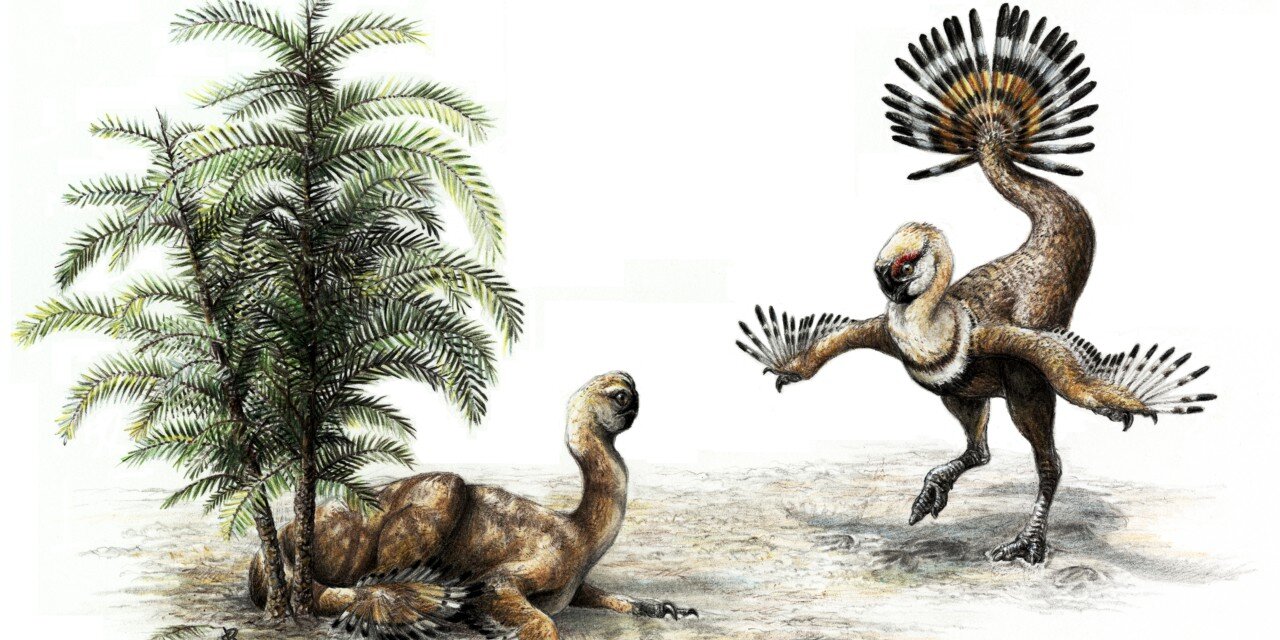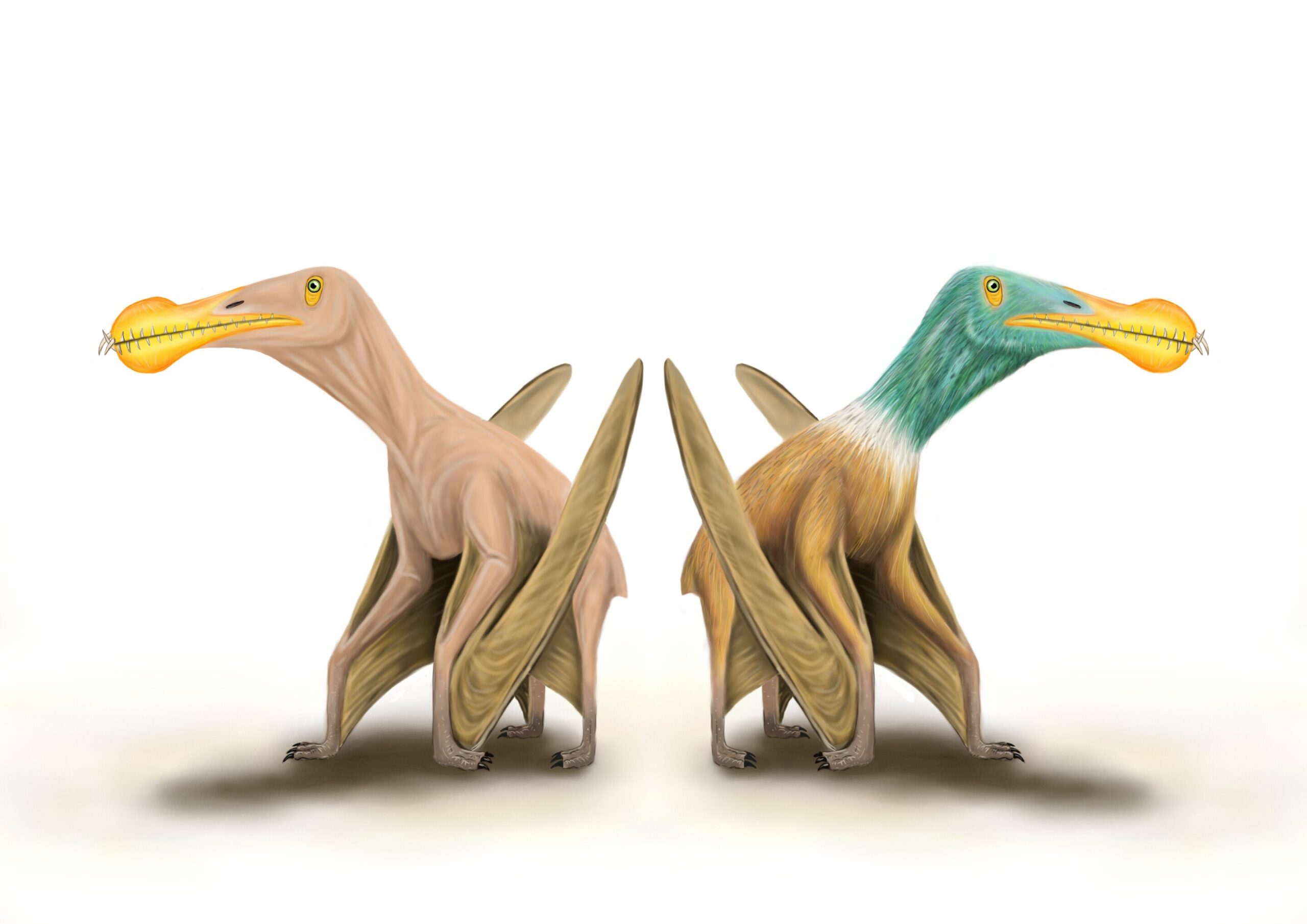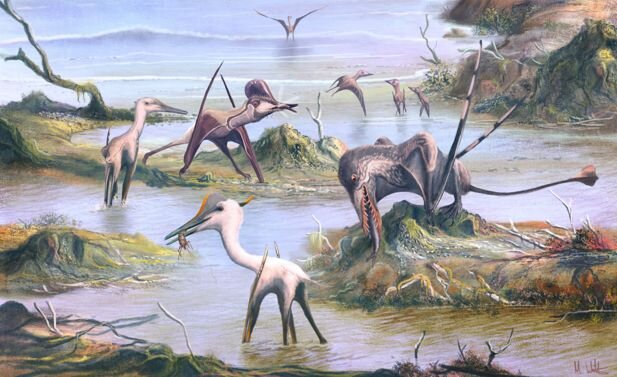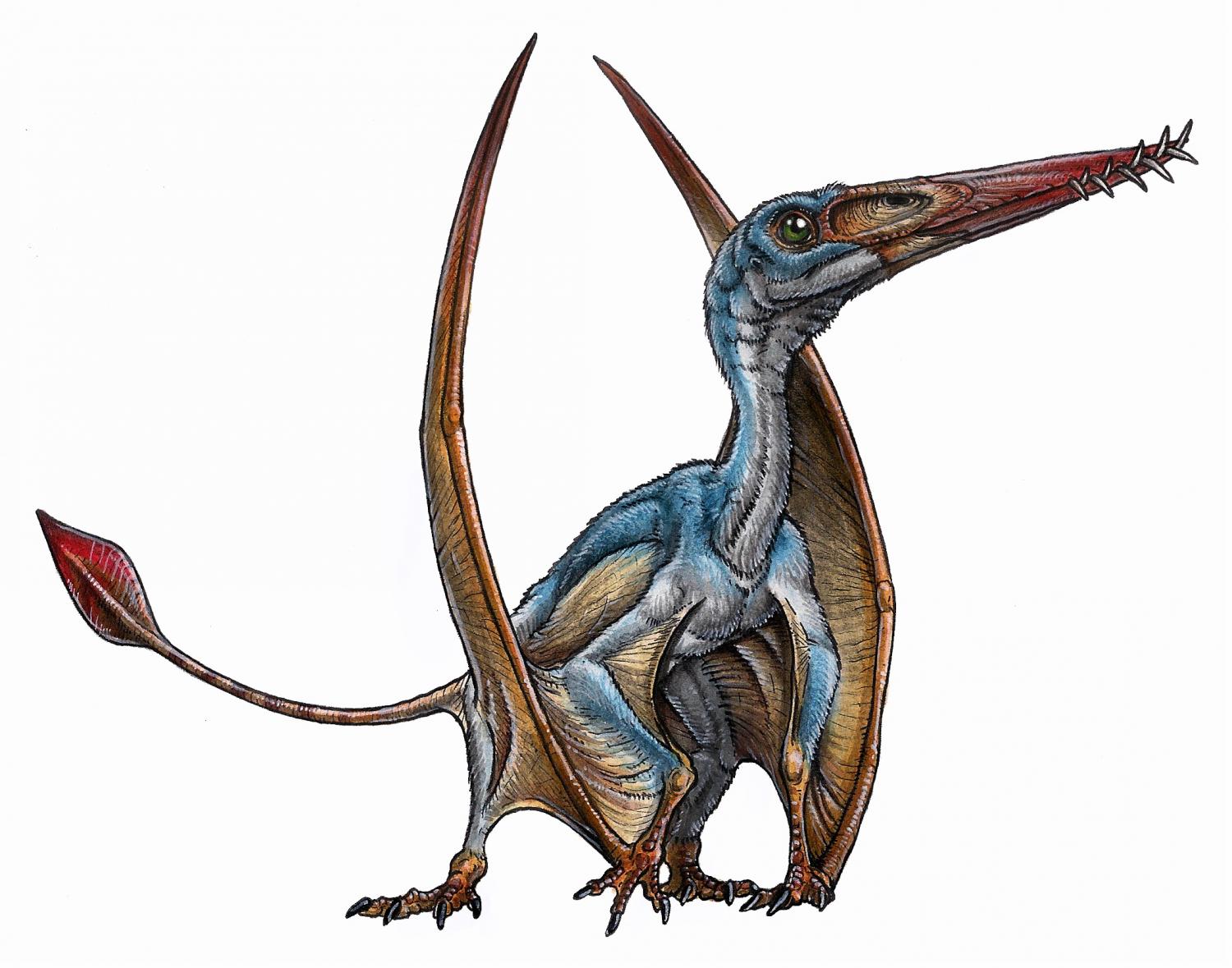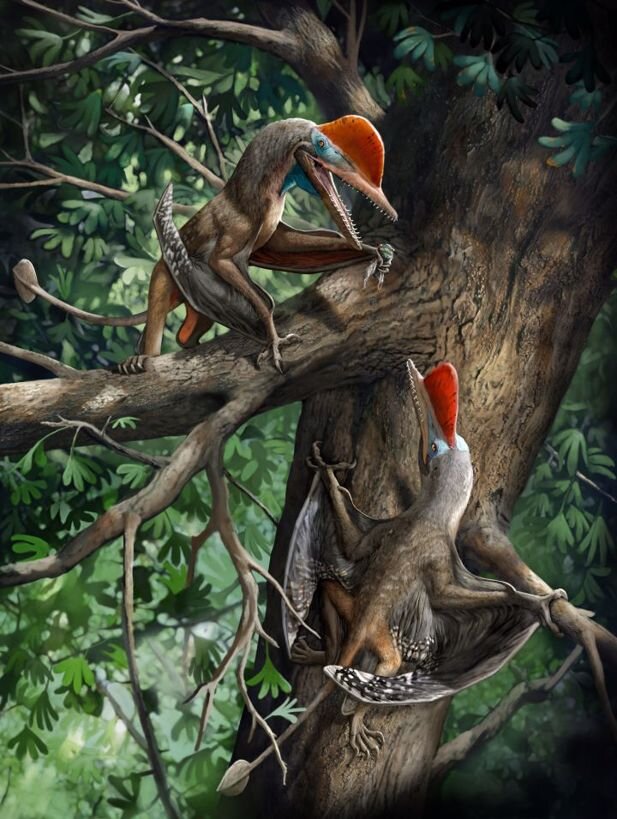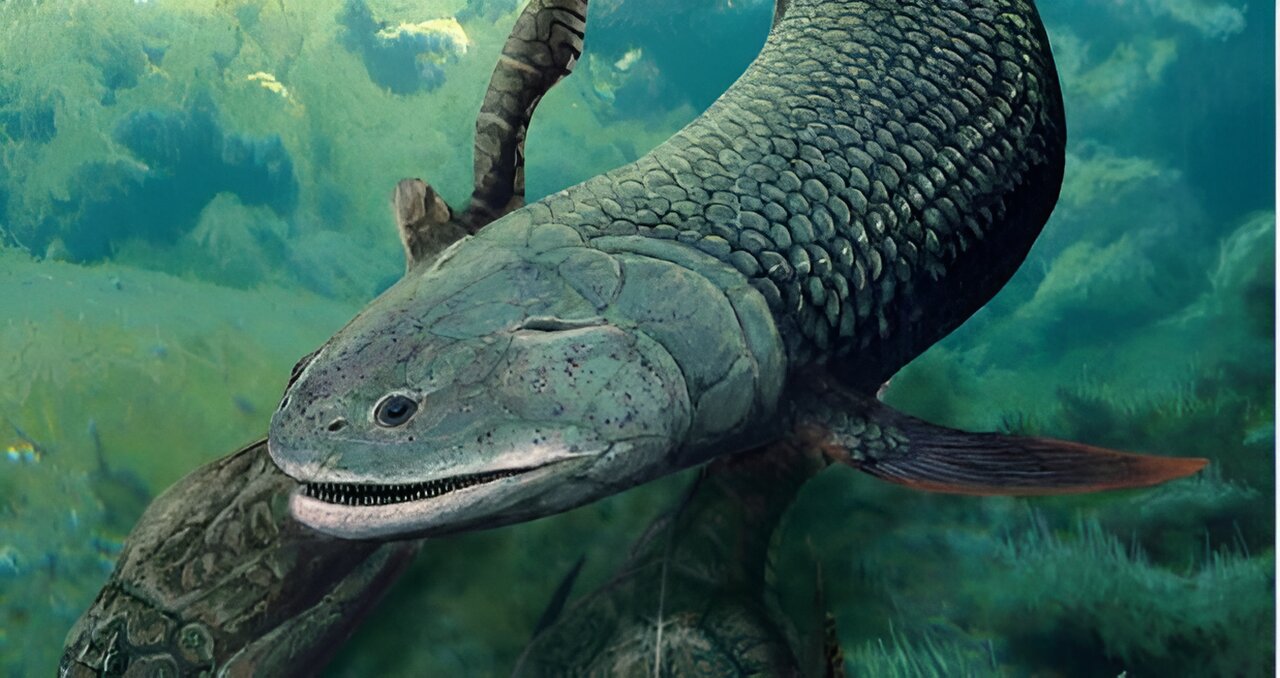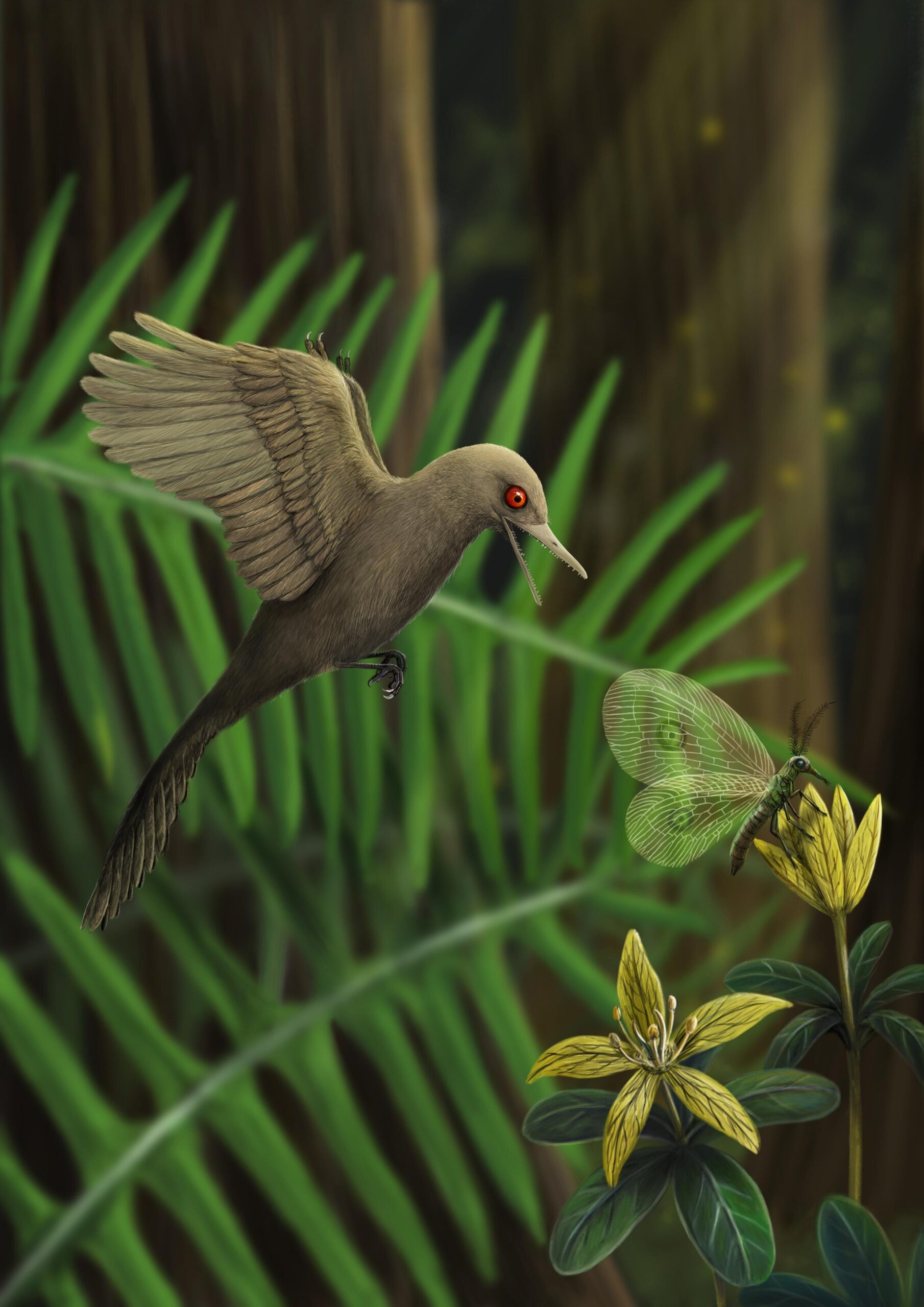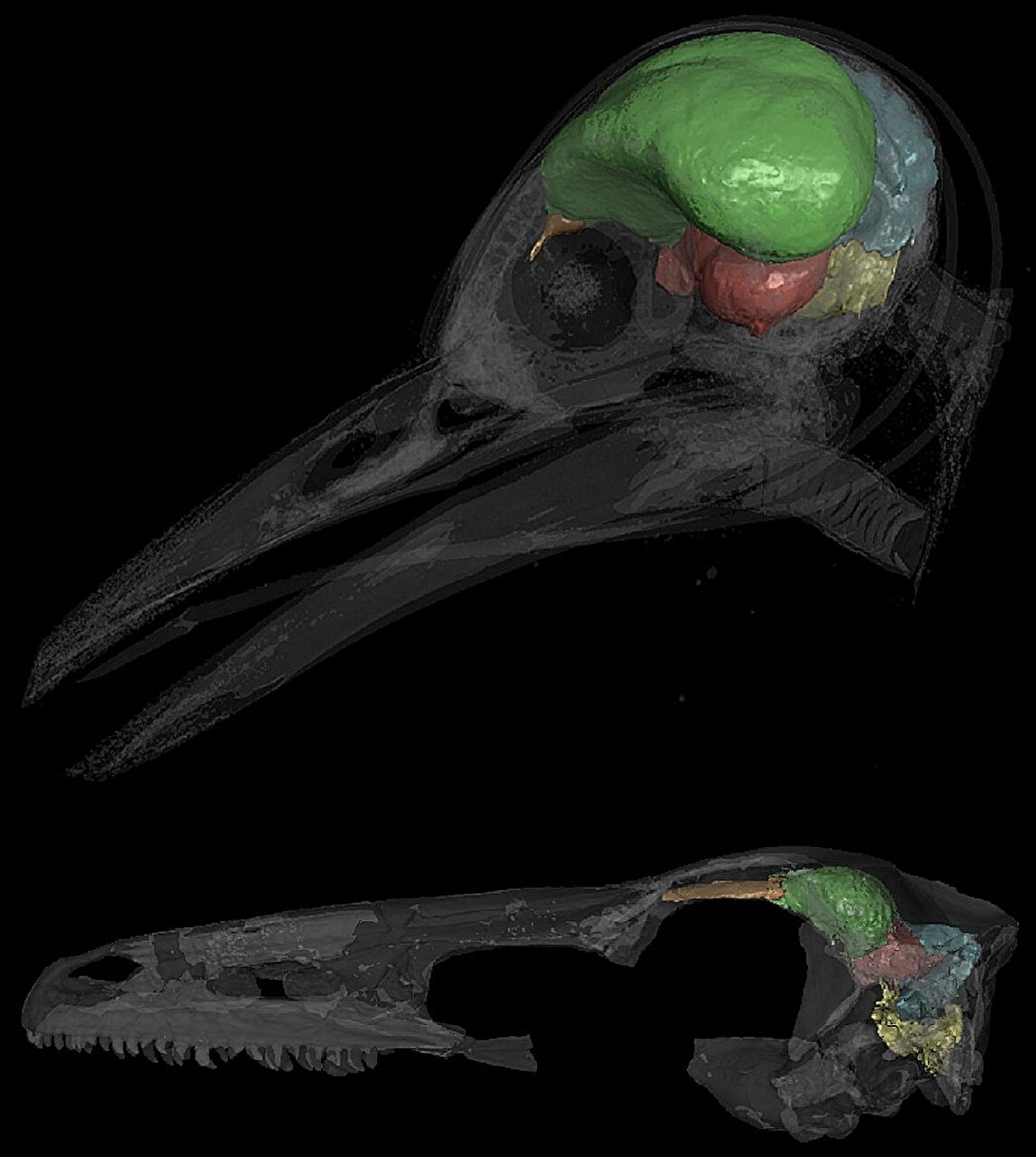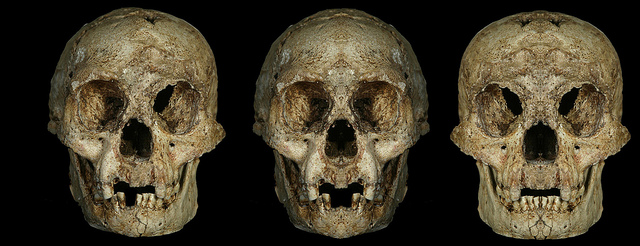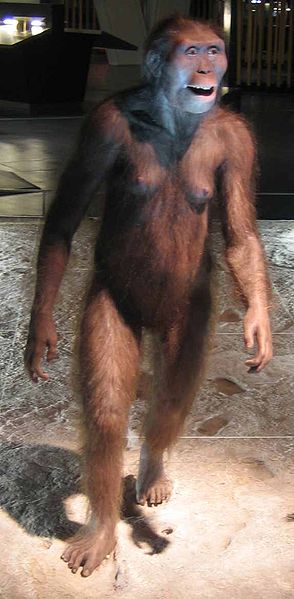Evolution of Feathers: Study Suggests Sexual Selection Played Key Role
The allure of attracting mates through elaborate displays may have played a pivotal role in the evolution of feathers among dinosaurs, ultimately paving the way for their aerial feats, suggests groundbreaking research by paleontologists from the University of Alberta. Led by Scott Persons during his tenure as a post-doctoral researcher at the U of A, … Read more
